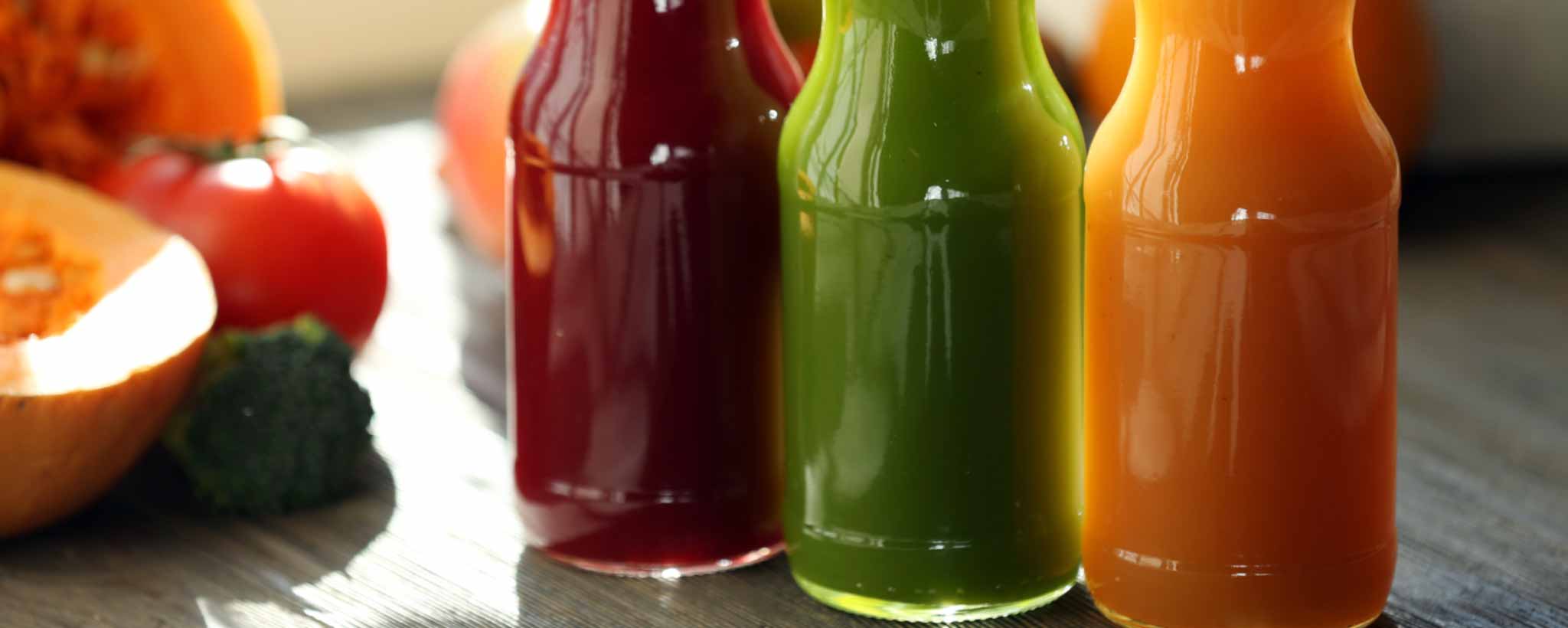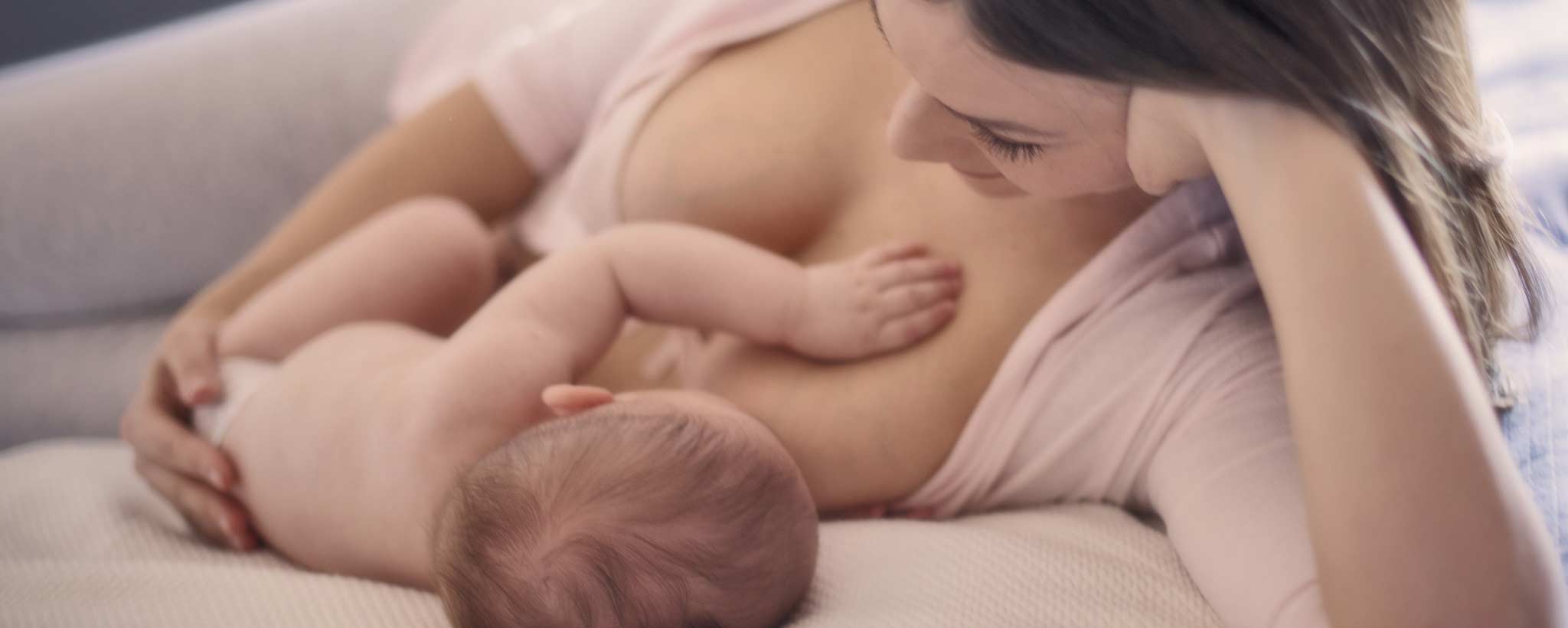Unless there is a hereditary disposition or specific symptom, mammogram screening begins at age 40. What can younger women do to protect breast health?
Publish 5 October 2021
Young Women Fight Cancer
October Breast Cancer Awareness Month
For many women, a mammogram at age 40 is a sobering reminder that the sun has set on their 20s and 30s. Women under 40 get breast cancer. Others discover it later during a mammogram. As a woman with concerns about breast health, what can you do even before reaching your first mammogram?
While breast cancer in young women is rare, it is the most recognized disease among females aged 15 to 39. What’s more, certain kinds of breast disease are rising among young women. [1] Early detection provides the best outcomes. There are several reasons for early cancer. You may face:
- Cultural restrictions
- Absence to prompt medical care
- Financial constraints
- Obliviousness of own well-being
Recognizing how to detect and prevent the illness is essential.
Are You in Danger of Getting Breast Cancer?
Breast cancer can strike at different stages in life: 7% of breast cancer cases happen in women under 40 years old. [2] If you are under 40, breast cancer tends to be:
- Quickly developing
- Higher grade
- Hormone receptor-negative
Top 10 Factors That Increase Breast Cancer Risk
There are a few factors that can put you at a higher risk of having breast cancer. [3] These include:
- Genetic mutations. A hereditary mutation presents a severe danger for breast cancer advancement.
- Early menstruation. If you got your period before age 12. This could raise your risk of getting breast cancer.
- Having dense breasts. If you have thick breasts, you are more prone to getting breast cancer because small tumors go undetected.
- History of breast cancer. Have you had breast cancer before? Well, the bad news is you can have it a second time.
- Not being physically active. Do you like staying in bed all day long? If yes, it’s time to get up and move to reduce breast cancer risk.
- Family background of breast cancer. If a first-degree relative had breast cancer, you have a higher chance of getting it too.
- Past therapy utilizing radiation. If you had radiation treatment to the breasts before age 30, you have a greater risk of developing breast cancer.
- Drinking alcohol. Your risk of breast cancer increases in proportion to the amount of alcohol you drink.
- Taking birth control pills. Certain oral contraceptives can raise breast cancer.
- Reproductive history. The following factors can increase cancer risk:
Types of Breast Cancer in Young Women
If you are under 40, [4] you are susceptible to the following kinds of breast cancers:
Higher-grade tumors appear to be unique from typical cells. They separate and spread. Higher-grade tumors react well to chemotherapy and radiation, which demolish dividing cells.
Hormone receptor-negative cancer doesn’t need the female hormones estrogen and progesterone to develop. Hormone treatments are not effective for this type. Also, hormone receptor-negative cancers develop more than hormone receptor-positive tumors.
Triple-negative breast cancer (TNBC) doesn’t react to estrogen and progesterone. TNBC is more common in young females, and it has lower survival rates.
Challenges To Young Women’s Breast Cancer Diagnoses
In your youth, breast tissues are denser. This makes it harder to distinguish abnormal breast tissue on a mammogram. This is why oncology doctors recommend mammography screening after 40. There is also the chance for aggressive treatment of benign breast tumors. [5]
So, what can you do to protect breast health?
Know Your Breasts
A lump isn’t the only sign of breast cancer. Other signs to look for include:
- Changes to the shape or size of your breast, including any ‘thickening.’
- Continuous and unusual pain.
- Any change to the nipple, for example, crusting, ulcering, reddening, or inversion.
- Changes in the skin over your breasts, for example, redness or dimpling.
- Nipple discharge that happens without pressing.
Don’t disregard the warning signs because of your youth. Notify your personal doctor or oncologist if you discover any breast irregularity.
Lifestyle Tweaks Help Prevent Breast Cancer
Breast cancer can strike anybody, regardless of genetics. Less than 1 in 20 instances of breast tumors relate to family genes. [6] Here are things you can do to decrease your risk of breast cancer:
- Keep a healthy body weight
- Stay active
- Limit your alcohol consumption
- Eat vegetables and fresh fruits every day
- Decrease intake of red meat and packaged store meats
- Consider breastfeeding for longer if you have an infant
- Stop smoking
How Age Influences Treatment
Breast cancer treatment depends on the disease stage and cancer evaluation. Age may play a role in the decision of individual treatment. For instance, if you are a young woman, you might have post-op breast reconstruction.
Breast-preserving procedures, including lumpectomy, are sometimes available. This eliminates the tumor and keeps the breast intact.
Effects of Treatment For Young Women
Breast cancer presents extra difficulties for young women. It can include issues about sexuality, fertility, and pregnancy following breast cancer treatment.
Chemotherapy can harm the ovaries. Both chemotherapy and tamoxifen can cause sporadic periods or stop periods altogether. [7]
You’re Not Alone
After breast cancer diagnosis:
- Seek help when you need it.
- Consult a therapist to cope emotional effects of the diagnosis.
- Visit fertility experts to discuss your regenerative choices.
Loved ones can assist you with getting your diagnosis and treatment. By working together towards breast cancer awareness, we can save each other’s lives!
Co-author Faiza Khan Niazi writes about pregnancy and parenting.






